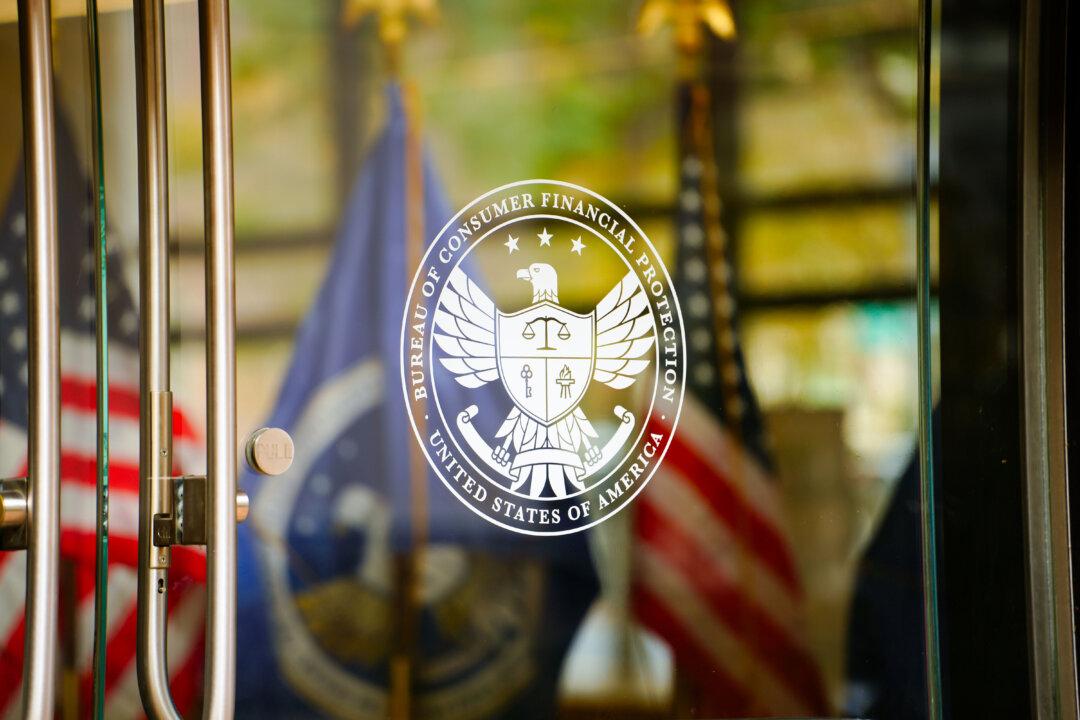The U.S. House voted to overturn a rule limiting the fees banks charge for overdraft services, with the measure now awaiting approval from President Donald Trump.
The rule was announced by the Consumer Financial Protection Bureau (CFPB) in December 2024 and was set to come into effect in October this year. In February, Sen. Tim Scott (R-S.C.) and Rep. French Hill (R-Ark.) introduced a resolution to overturn the overdraft fee cap.





